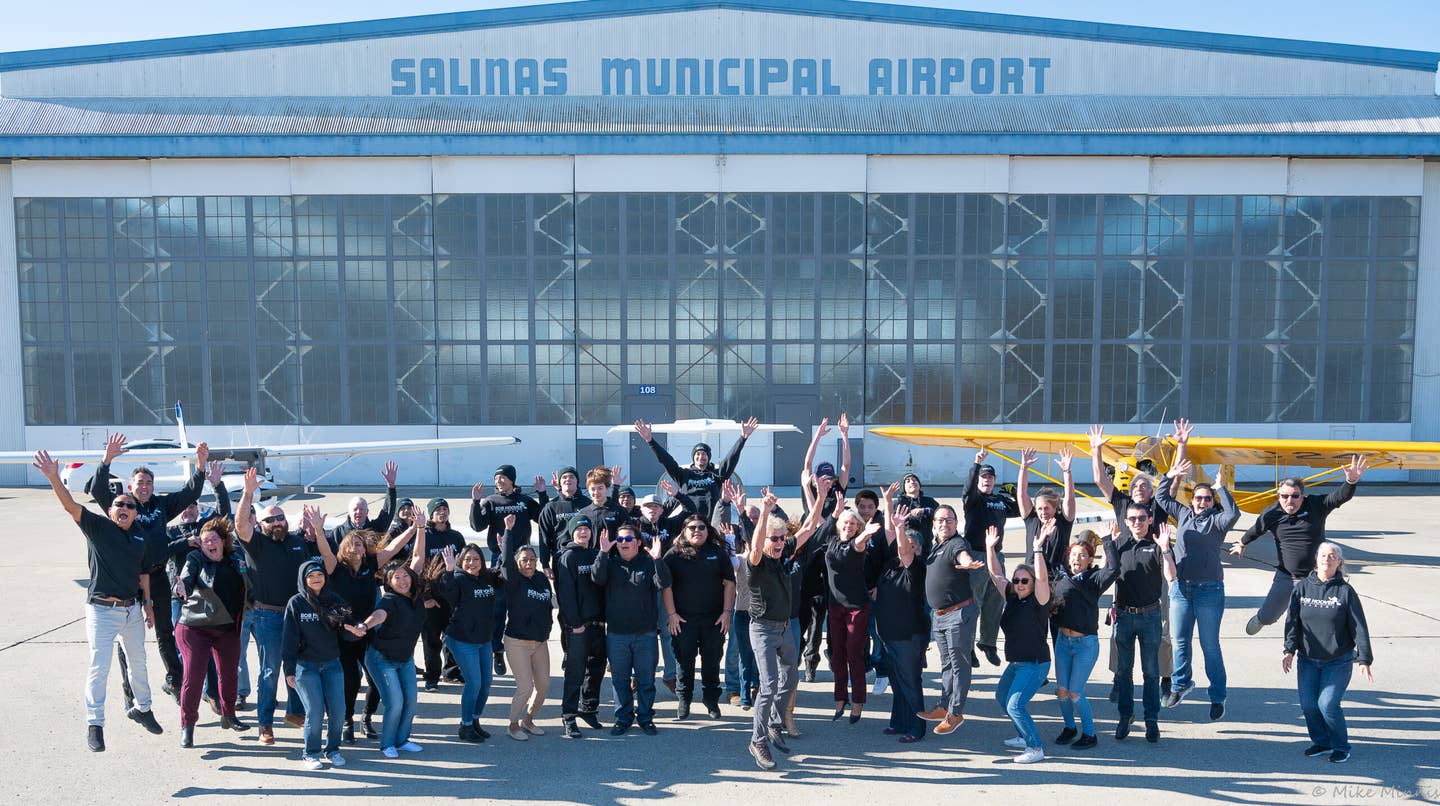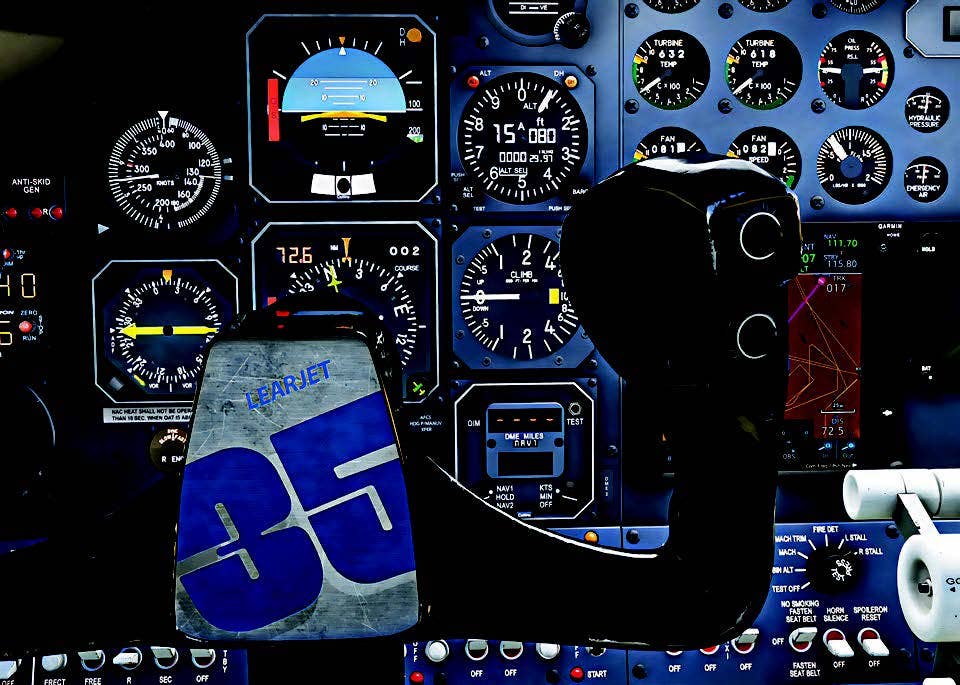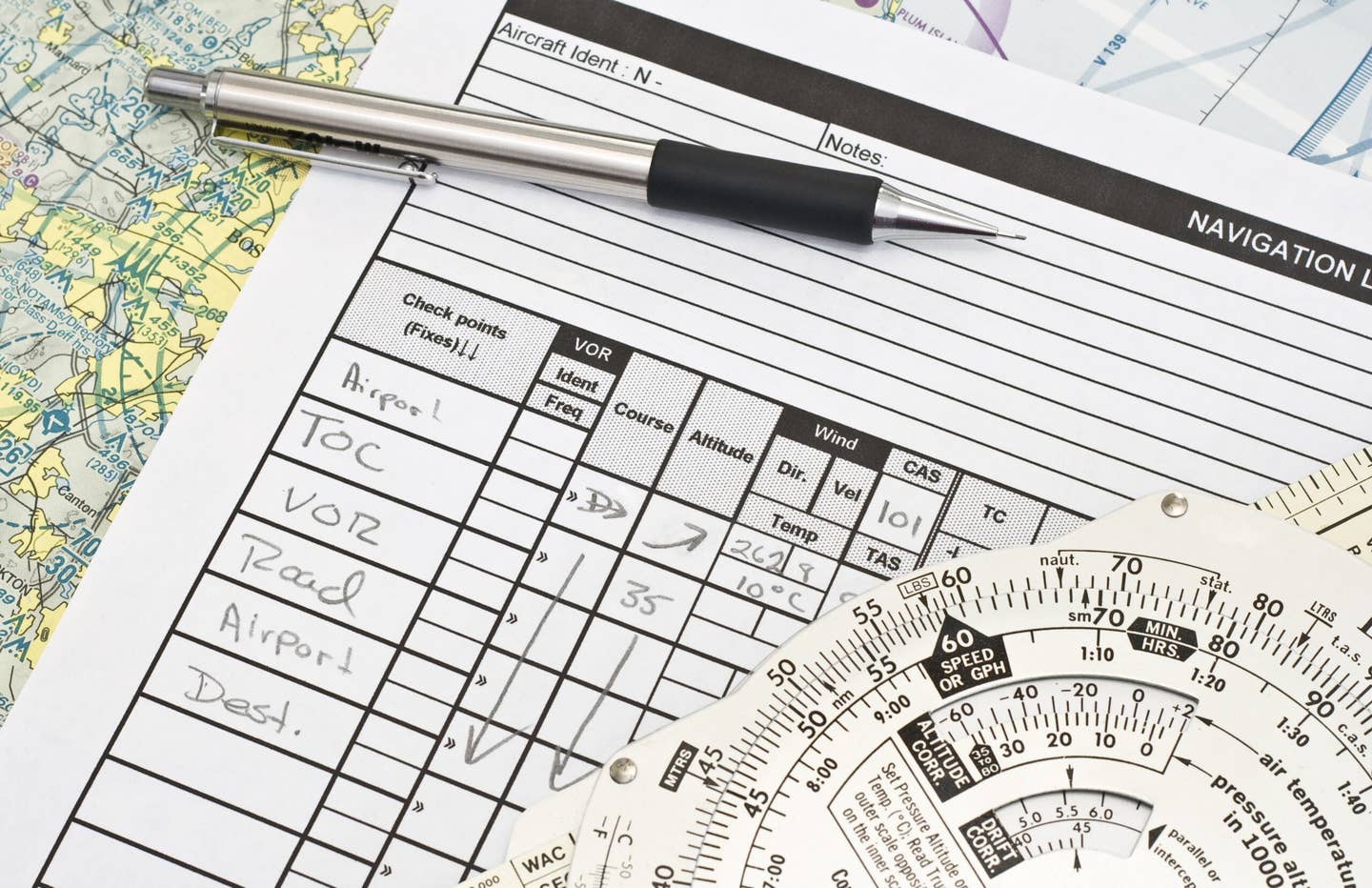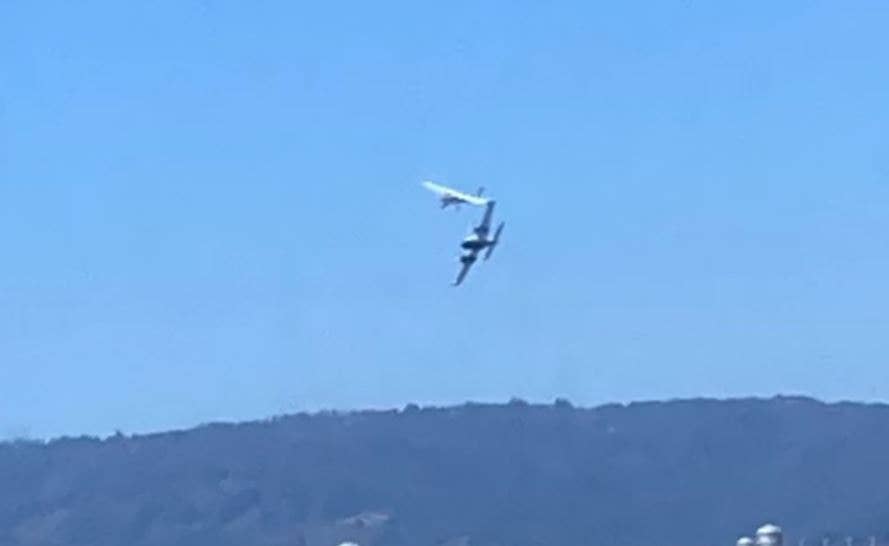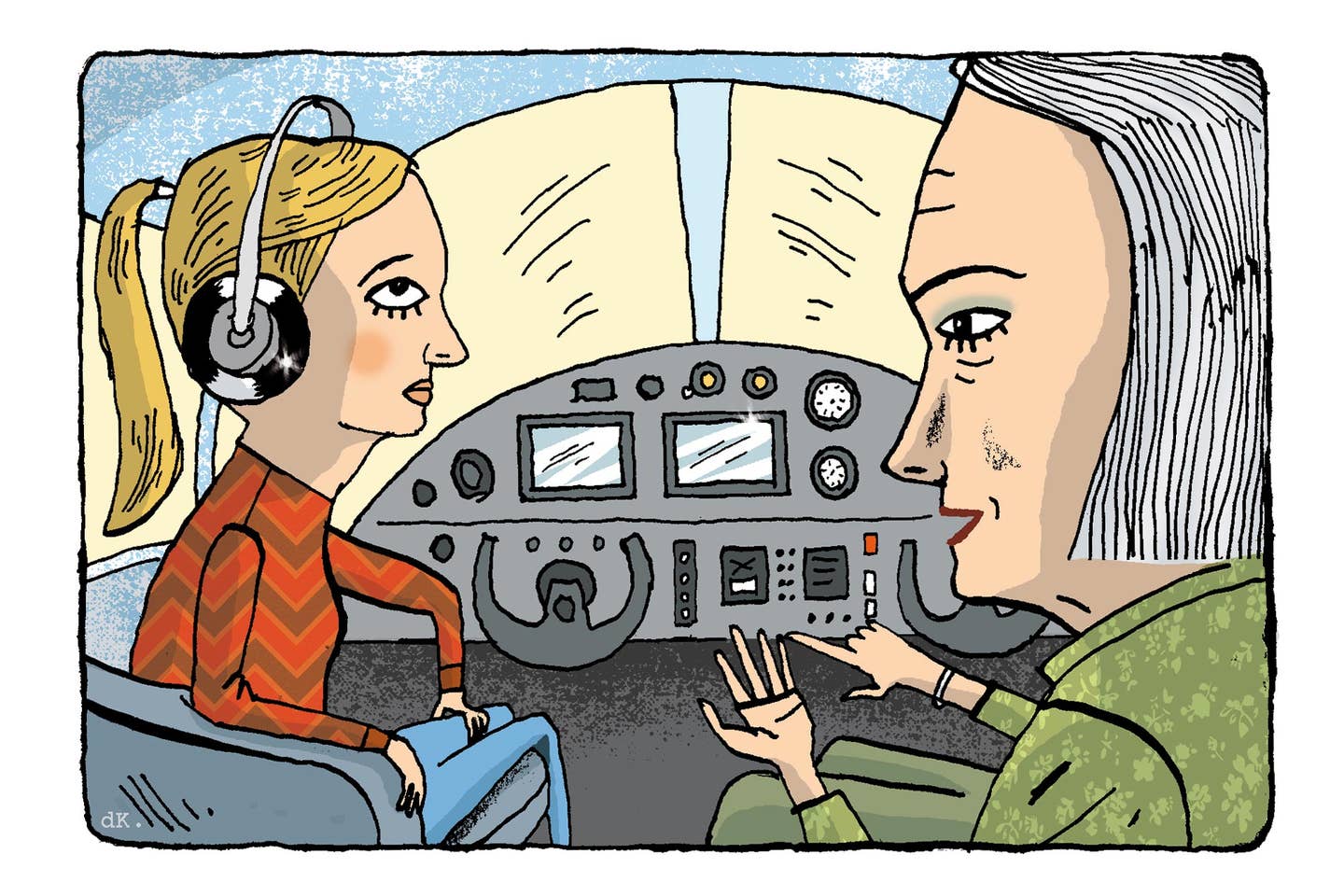
It’s not just your problem, and it’s definitely solvable. Phillipe de Kemmeter
So you’ve started flight training, but it’s just not working the way you expected. You’ve got a sinking feeling that you and your flight instructor just aren’t communicating like you should—or you have a downright distaste for spending any time at all with this person who is serving as a primary mentor in your aviation life.
Remember this: It can happen to anyone because these are not typically scientific matches. You walk into the flight school saying you want to learn how to fly, and the receptionist says, “Great, George here has room on his schedule tomorrow—I’ll put you with him.” That’s often how one acquires an FAA-certificated flight instructor to initiate their flight training.
And George might be a fine teacher. Or George could be a little rough around the edges. George could be so much younger than you, he reminds you of your nephew who just graduated from high school, and you are finding it tough to take direction from him. Then again, he could be silver-haired and into postprandial napping in the cockpit during a cross-country flight.
He might not be a great communicator, silently taking notes in the right seat while you struggle through maneuvers, glancing over at him with your eyes pleading for a bit of running commentary on how to make the airplane stay on altitude, heading and airspeed. Maybe he prefers to control the airplane, and he’s constantly taking the controls to “show” you a thing or two about flying, without dissecting the task he’s performing.
When you are sitting through a preflight or post-flight brief on the ground, do you find yourself completely lost in what feels like George’s jargon and aviation speak, even though you read up on the lesson beforehand? Do you wonder what’s next after weeks of driving the airplane around the traffic pattern, with no syllabus or game plan in sight? Perhaps George isn’t the best teacher, or he’s just not that “into” teaching you. Then again, have you caught yourself thinking that maybe it’s you? (No. No. You’re the client here—the customer.)
If any of the scenarios above have a tinge of familiarity, George might not be the right instructor for you. The question is, what do you do?
As a flight instructor since 1985, and someone who has offered thousands of flight and ground hours of instruction to fledgling and intermediate pilots, I can tell you this: Do not give up. There is a CFI out there who is perfect for teaching you how to make your dream of flight come true. If you feel like you and your CFI are not a good match, then you are just going to have to do a bit more research to find an instructor who can best transfer knowledge to you.
“We’ve all been on first dates,” says author and CFI Rod Machado, who has decades of teaching experience on his CV—plus he’s a psychologist who has extensively studied how people learn. “During those first lessons, everyone—both you and your instructor—are on [their] best behavior. You really don’t know someone until the third date, uh, flight lesson,” he explains.
Operating on that premise, Machado recommends to all his clients that they commit to only three lessons with an instructor, and then see how it goes. “An old Chinese saying goes, ‘It is better to search for a good teacher for three years than study three minutes with a bad one.’ You are the consumer here. Start with a couple of recommendations, perhaps from the FAA designee who gives check rides to aspiring pilots in your area [known as the designated pilot examiner]. The DPE knows which CFIs are succeeding at teaching people to fly because he or she is tasked with checking those skills and issuing FAA pilot certificates,” he continues.
That’s good advice, especially if you live in an area where there is a lot of choice in where you can fly and who you can fly with. You can also check with the FAA’s local FSDO and find out if there are any Gold Seal instructors in your area. The FAA only awards Gold Seal accolades to CFIs whose students pass their check rides 80 percent of the time or better. There are also organizations for flight instructors that award them Master certification for their teaching success and community activities. You can find them at NAFInet.org and SAFEpilots.org.
If you are learning to fly in an area where there is only one flight school, then you have to go to the chief—the chief flight instructor. In fact, it is best to start there when hunting for an instructor, but if you didn’t and now you’re unhappy with the one you’ve got, tell the person scheduling your flights you want an appointment to talk with the chief.
Meg Godlewski is one of those chiefs. Her job is to know her CFIs’ strong points, personality quirks and capabilities. At her flight school, situated in the Pacific Northwest, she works hard to match clients with CFIs whose teaching styles should meld with individual learning styles.
“When a client comes in and fills out the intro application [for] the intro flight, we talk to them, find out their availability. I see which instructors are available, and then it comes down to the personality and sometimes the age of the CFI,” Godlewski explains. “For example, I have one instructor who is in his early 50s. He’s a fresh instructor, and he has two millennial sons, so he’s my millennial guy because he understands how to reach that generation.”
Godlewski also makes sure every client at her flight school is presented with a syllabus so they understand what to expect from their flight lessons and how the lessons will proceed.
“From what I have seen, 90 percent of the problems when people are unhappy with their CFI revolve around expectation bias, and having a syllabus-based discussion about how a client can reasonably expect to progress to his or her goals goes a long way to eliminating that,” Godlewski says. These mitigations work most of the time, but if you find that you and your CFI aren’t meshing after the third lesson, Machado says it is time to go back to the chief.
“There have been times when I’ve agreed, this isn’t working,” Godlewski continues. “In that case, I hand the client off to someone else. I’ve also worked in places where I stepped in for an instructor because they were having trouble getting through to someone. I remember at the end of one session, I had a grown man in tears asking if I could be his instructor because he finally had a breakthrough. He was having a terrible time with cross-country flight planning, and it was just the way it was taught to him. His instructor just wasn’t reaching him.”
People learn through different channels. I’m an auditory learner. If I hear it, I know it. Others are tactile learners—they need to touch everything. (You know which you are.)
Machado laments: “Unfortunately, most of the time, the dynamic is such that the student teaches the instructor how to teach him. Your problem could be that you just haven’t communicated your learning style to your instructor, so I say communicate. Let your CFI know. It will make the process more efficient.”
But if communication breaks down, you need to go back to basics. You are the consumer, and you deserve a quality experience. Learning to fly is fun once you find the right teacher.
“It’s about you, the client, getting the training, so don’t feel guilty if you have to change your instructor,” Godlewski says. “That’s totally fine. I’ve had people change on me, and I’m OK with that as long as they’re happy and continue flying.”
If you don’t like your flight instructor—whatever the reason—find out why and, if need be, find another. A truly professional instructor has seen incompatibility before and won’t be insulted. What’s important to the CFI and the flight school, after all, is that you get what you want: a fun and educational training experience that leads to you flying on your own.
This story appeared in the Learn to Fly Special Issue of Flying Magazine

Subscribe to Our Newsletter
Get the latest FLYING stories delivered directly to your inbox

